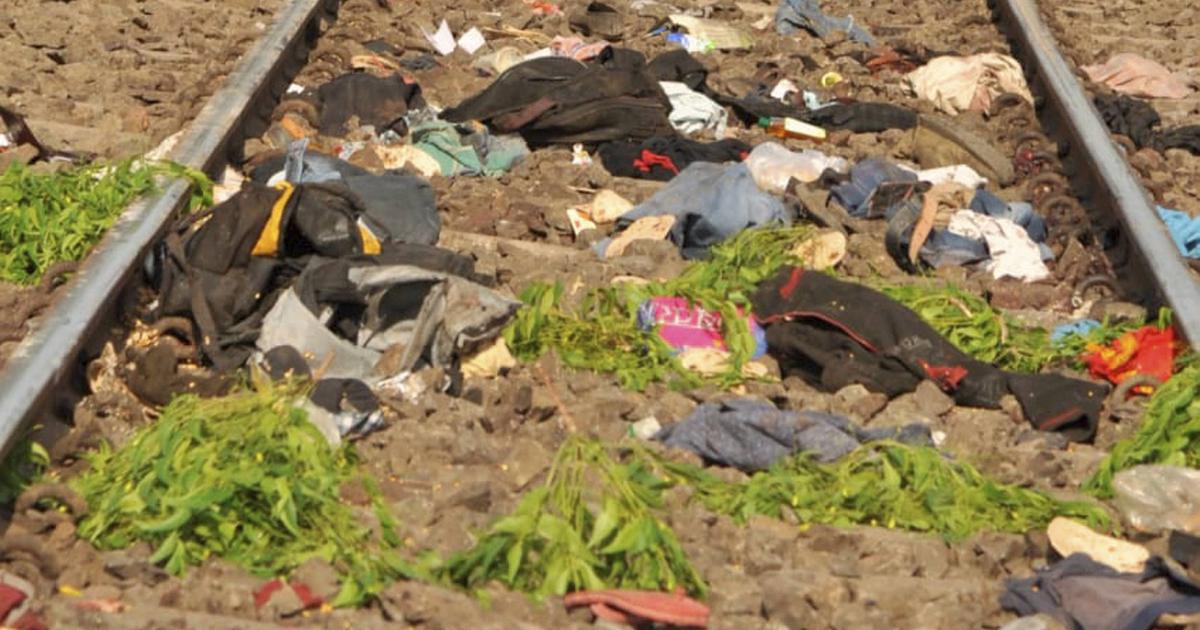Writing in the times of Covid-19: Can guilt and confessions really atone for not acting when needed?
‘Does the writer who feels bad for his inaction also feel shame or guilt?’
The dismal material condition of India’s poor has been laid bare in our current times of the Covid-19 pandemic that has led to the most stringent lockdown of the world during this disease in our country. Many among our woke, liberal middle-class have felt what they claim is “guilt” during this crisis and a few have written about it too, as many people have died during this lockdown.
Some critics claimed that at the time of writing, about two hundred had died already owing to the lockdown apart from those dying of the disease, though we may never know the actual numbers. Migrant labourers have perished from hunger, fatigue, and other health complications while sometimes walking for several hundreds of kilometres to their rural homes, away from the big cities where they usually sell their labour. Others are starving, stranded in their cities of work.
This catastrophe has highlighted the class disparity prevalent in India. Many of us live safely in gated communities in cities or suburbia, and are served by help and labour that lead precarious lives which are at the mercy of a few days’ wages.
Some of the middle-class feel guilty about this. They have actively tried to band together to collect provisions or money and provide to the deprived sections as and where they can. Others have felt guilt, but failed to act, while many remain oblivious and are content in their worlds.
Performing guilt
Some writers have written about their guilt – their inability to change the larger scheme of things, but also their lack of action when called upon to do so. Is this admission of guilt, particularly regarding inaction, also to be read as an act of atonement? Can guilt be atoned for at all?
My friend Uttaran Das Gupta reminds me of anthropologist Ruth Benedict’s distinction between “guilt” and “shame” in The Chrysanthemum and the Sword. She argues: “A society that inculcates absolute standards of morality and relies on men’s developing a conscience is a guilt culture by definition.” We may easily conclude that India, with its incredible disparities, is not such a society. Instead, it is a society of apathy, shame, and honour where you learn to live oblivious to everyday poverty and there is often crass competition over material possessions, particularly among the middle class.
By and large our society inculcates guilt in very few, while we may often feel shamed by our peers. So there is the need to donate out of peer pressure, but not to do it as an automatic response; let alone any attempt to upset the structural status quo.
Moreover, guilt may be atoned for, for some by so many “Hail Marys” or “Hey Rams” or “Astaghfars”, and for others through writing that brings relief. Others for whom guilt becomes closer to chagrin will have to die with it. Guilt is a personal feeling that is experienced even if no one knows about the act and comes from an ethical standard one holds for oneself . But “shame” is contingent on what one perceives as the thoughts of others, such as one for whom charity was denied when sought, and so may be redeemed publicly too.
Writing as atonement
So does the confessional writer who feels bad for his inaction in times of COVID19 also feel “shame” or “guilt”? If one is to probe possible atonement for guilt, does writing about it assuage it? Is the original inaction when it comes to helping those whom you have the power to help compensated for by speaking about it, by admitting that you did not offer timely help when called upon, especially when providing it would have taken a negligible toll on you?
Or is it better served by changing your outlook to service, and taking on conscientious action more dutifully? One may argue that writing may cause others to act conscientiously, but is this not possible only when one has truly reformed oneself? Shouldn’t one practise fully what one preaches? Is a quickly-written response reform enough?
How about first addressing the patriarchy at home? If the men are still getting only the women to do the bulk of the housework, and even go so far as to get them to prepare the care packages that will be doled out, then what is the reform that we are speaking of? To help the labour class, we have only used the labour of “the second sex” instead. A claim in writing of the inability to do this work may not be our redemption. Should we not instead force ourselves to rise out of our comfort zones and do what this moment, the pandemic and the lockdown, requires in action?
It may provide the writer with relief, but is it atonement if we make a virtue out of written confessions of our inaction and perceived guilt? Wouldn’t reform be better atonement instead of a slew of mistaken postures, one after the other.
Change should come from within, your left hand should not know what the right gives – these are old clichéd maxims, and there is not much harm in remembering them today. Especially, when some gloat about crores donated while others plead guilty publicly to not doing enough. Writing is doing too, but in itself cannot be an act of virtue if it does not aid and complement what we do, what we give – unless it is addressed to power.
Maaz Bin Bilal is the author of Ghazalnama and the translator of The Sixth River. He teaches at Jindal Global University.






